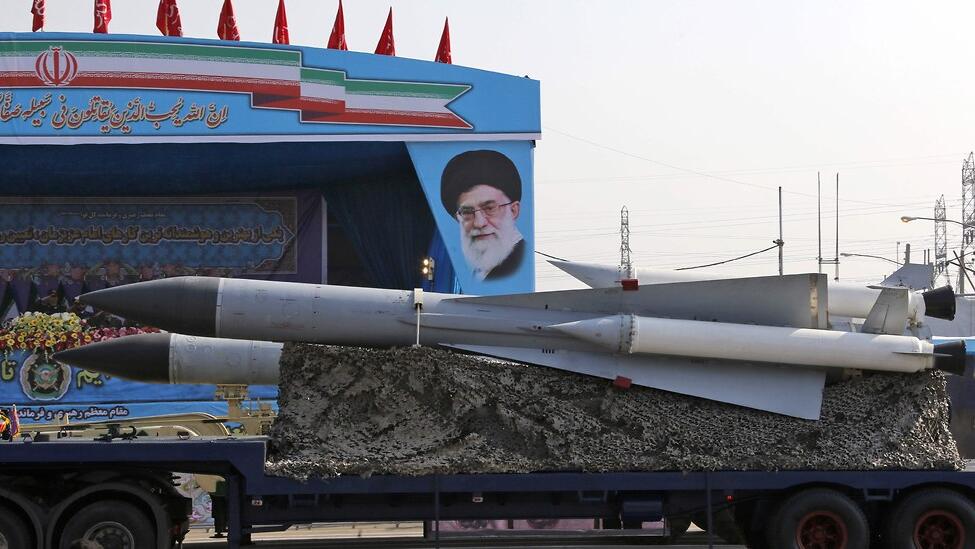Getting your Trinity Audio player ready...
Less than half of the Israeli public believe that Israel will be able to prevent Iran from becoming a nuclear power, according to a study published by the Institute for National Security Studies at Tel Aviv University.
Overall, the survey reveals that a majority of Israelis are far more concerned about social challenges and internal dissension than any external threat.
The data shows that 66 percent of Israelis are more concerned about internal social threats than external threats and only 27 percent said the opposite.
Some 43 percent of respondents said they were most concerned about tensions between Arabs and Jews in Israel.
When asked to rank the most pressing external threats to Israel, Iran and the Israeli-Palestinian conflict came out on top by a narrow margin: 23 percent of respondents named a nuclear Iran as the most pressing threat for Israel, and 21 percent cited the Israeli-Palestinian conflict.
3 View gallery


A Palestinian protester holds up a flag during clashes with troops on the West Bank in September
(Photo: EPA)
In addition, 10 percent of those polled believed that Hamas, the terrorist group that controls the Gaza Strip, was the biggest threat to Israel; 15 percent mentioned terrorism, and only 13 percent named the northern front which borders war-torn Syria and Lebanon — home to the Iran-backed Shia terror group Hezbollah — as the most serious threat for the Jewish state.
The study also shows that 85 percent of the public believe that "Israel can only rely on itself" in the face of the external threats it faces, but only 45 percent believe that the Jewish state has the operational capacity to stop Iran's nuclear program.
Some 34 percent think Israel cannot do it alone, and 21 percent are undecided.
As for the northern front, 40 percent of Israelis support the idea of hitting Hezbollah's precision missile production infrastructure, even at the cost of a war.
Only 23 percent prefer to strengthen Israel's missile defenses at the cost of a military offensive, and 16 percent favor an agreement on the issue through international mediation.
Regarding internal conflicts in Israeli society, 57 percent of respondents believe that Israeli democracy is in danger.
A total of 61 percent believe social budgets should be prioritized over the defense budget, 63 percent believe Jews should be allowed to climb the Temple Mount, and 39 percent favor allowing Jews to pray there — a practice currently banned as part of efforts to maintain the status quo at the holy site, which is one of the most sensitive places in Jerusalem.



